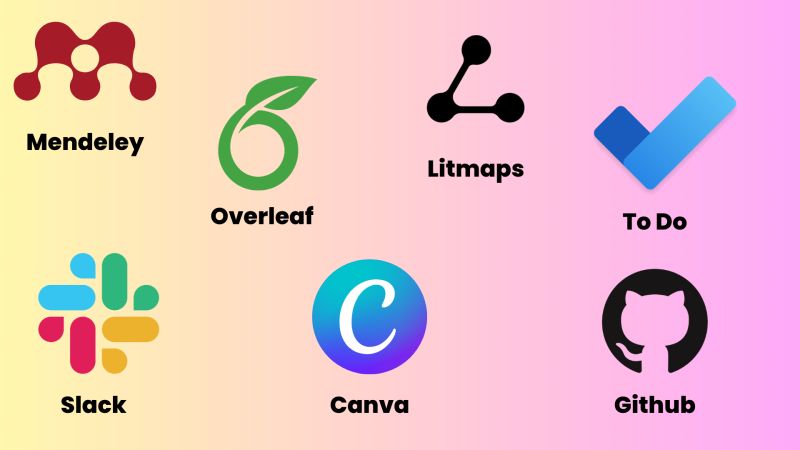Writing and Publishing Scientific Papers- A Primer for the Non-English Speaker
By Gábor L. Lövei (author)
Free Download: https://lnkd.in/dPepNqva
Book Website: https://lnkd.in/dq2bZ6W4
Gábor Lövei’s scientific communication course for students and scientists explores the intricacies involved in publishing primary scientific papers, and has been taught in more than twenty countries. Writing and Publishing Scientific Papers is the distillation of Lövei’s lecture notes and experience gathered over two decades; it is the coursebook many have been waiting for.
The book’s three main sections correspond with the three main stages of a paper’s journey from idea to print: planning, writing, and publishing. Within the book’s chapters, complex questions such as ‘How to write the introduction?’ or ‘How to submit a manuscript?’ are broken down into smaller, more manageable problems that are then discussed in a straightforward, conversational manner, providing an easy and enjoyable reading experience.
Writing and Publishing Scientific Papers stands out from its field by targeting scientists whose first language is not English. While also touching on matters of style and grammar, the book’s main goal is to advise on first principles of communication.
This book is an excellent resource for any student or scientist wishing to learn more about the scientific publishing process and scientific communication. It will be especially useful to those coming from outside the English-speaking world and looking for a comprehensive guide for publishing their work in English.

